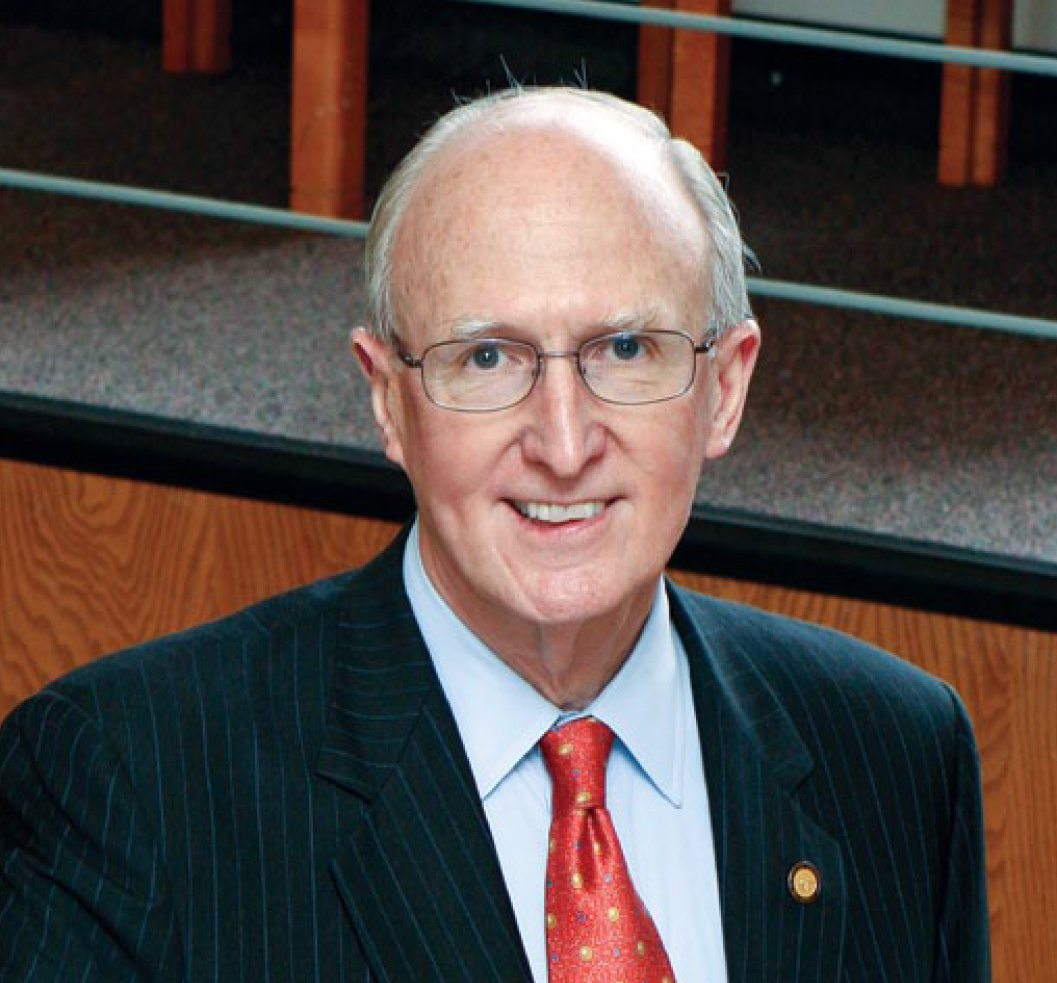Why can’t we work together?
I was asked by a local proprietor why so many educators vote Democratic. I asked, “How do you know they do?” He blithely answered, “Well, I read it in the paper.”
Our brief exchange was a friendly one, but it reminded me of how our nation’s deep political divisions now seem to define our daily discourse. Just in the past few years, the political trenches have become that much deeper and, sadly, the “debate” is that much more indecorous.
What can we do to stem the excesses of partisanship, which I believe are infecting our political process and the ability to make sound decisions on the most critical issues affecting our society? Think about the resistance to wearing masks and respecting social distancing.
After the storekeeper’s comment, I began wondering why it seems that Republicans and Democrats can’t work together; why politics involves divisiveness, damning and distortion of the truth; why so many seem relentlessly opposed but not engaged. The certitude they show reveals no moral anguish about critical issues, like immigration, which must be reformed if we are to admit the talent we need at all levels.
I wondered why we see more demonizing than discussing; why what the media calls “debates” are really more like serial assertions, leaving essential questions undiscussed. Then I considered why elected officials of all stripes need each other. Why can’t we disagree without being disagreeable? What lessons are we teaching our children?
Many anti-government types acknowledge this when they talk about “giving back” in recognition of the advantages society provided them. Far too often, though, these tax-deductible charitable contributions serve as “voluntary taxation,” supporting personal priorities instead of the public ones that should be funded by taxes. And there are notable problems that result from too little government involvement: an inadequate and inequitable health care system, a lack of pandemic preparedness, rampant racism, financial meltdowns, unprotected water and produce, and cities and towns that are ravaged by hurricanes and forest fires. We suffer from too much focus on individual freedoms and not enough on collective responsibility.
This doesn’t mean that government is the answer to every problem — or that business and the market are the sources of all wisdom. There are proper functions for government and proper functions for the market, and ignoring the unique missions of either usually leads to difficulty. The market seeks profit maximization, the public seeks safety and assurances, and each balances the other.
Over time, disparate groups around the world have peacefully reached agreements on issues as diverse as the Law of the Sea treaty, international telecommunications, air traffic control, the calendar and time zones, to name just a few. In each case, all gained through compromise. They built on the unique characteristics of cooperation and tolerance.
These examples give me hope that differing points of view can find common cause in the highly inefficient use of tax revenues. On Long Island, for example, we have some 900 taxing authorities, each with a board and administrative structure. Think of the numerous towns and villages in our two counties, and the school, water, sewer and library districts that serve our population of 2.8 million.
The challenges ahead are too large for either the government or the market to solve by themselves. Energy uses and sources, unconstrained financial instruments and natural disasters like rising seas are greater than either sector can handle alone.
We need less anger and attitude. Instead we need committed leaders who will work on behalf of the public, not just party or base, and an informed citizenry prepared to debate them in order to bring all sides together to address common problems with common sense.
And we, the public, should commit ourselves to elect new representatives when those in office are more committed to noise than negotiation. Only when this happens — when we can debate without shouting, and disagree without being disagreeable — can we begin to spend tax dollars more wisely on the highest priorities, and not continue to borrow from the next generation.
Robert A. Scott is president emeritus of Adelphi University.






